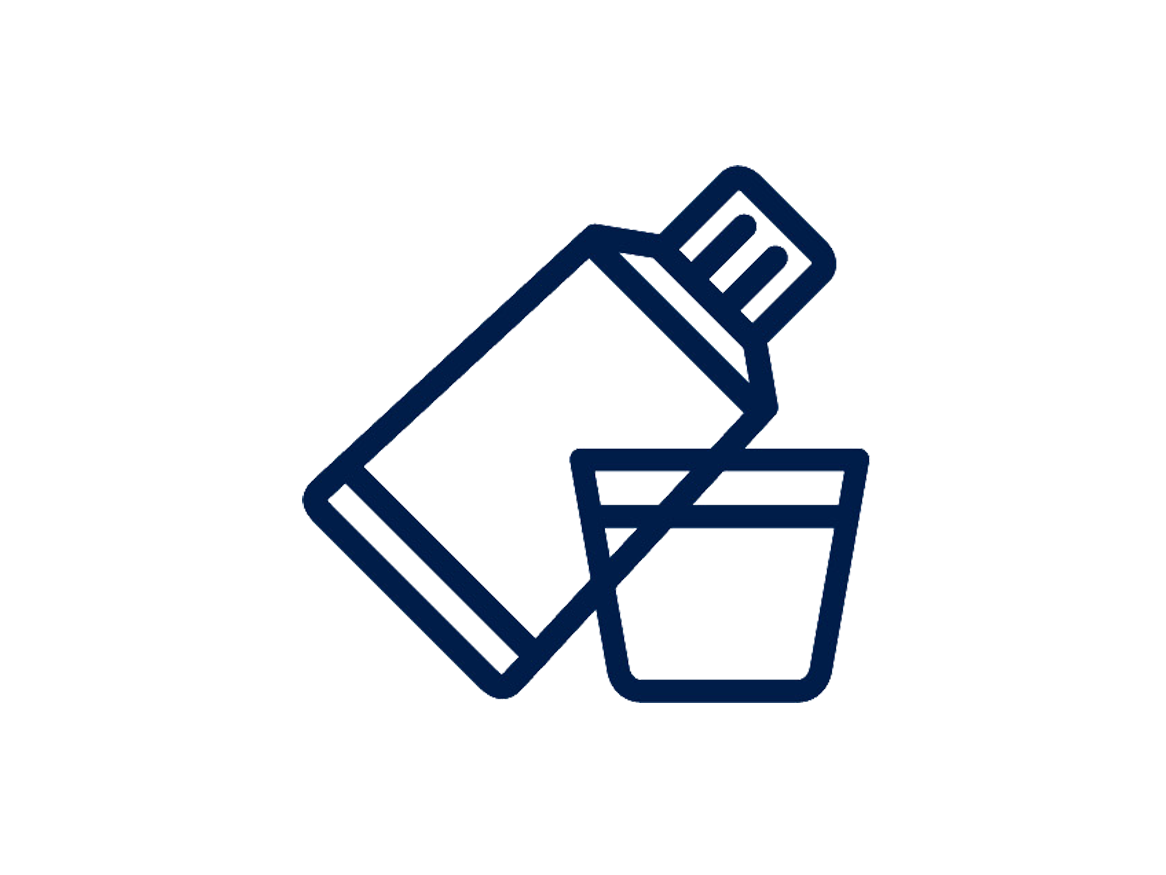Top dental hygiene tips from the Community Outreach Dental Program

In excess of 6,000 people experience homelessness each night in South Australia and more than 3.3 million Australians are living below the poverty line - this includes greater than 761,000 children.
Rising rents and the everyday struggle to cover the basic essentials of shelter and food can make it difficult, if not impossible, to see a dentist for crucial health care – treatment that can make a significant difference to someone’s physical and emotional well-being.
Thanks to the generosity of donors, partners and volunteers, since 2011 the Adelaide Dental School’s Community Outreach Dental Program has provided more than $1.5 million dollars of free dental treatments - helping more than 1,600 people from disadvantaged backgrounds to access crucial dental care.
To ‘brush up’ on your oral hygiene, here are the Community Outreach Dental Program’s top tips.

Visit your oral health team for a biannual check-up and clean
At home dental care is essential, but it’s only part of the picture. No matter how well you brush and floss, there are some areas of your mouth that you can’t reach alone. Therefore, visiting your dental team at least twice per year is essential. During a routine visit your dentist will typically:
- perform an examination and take x rays to check for decay or other problems such as oral cancer
Your Dental hygienist or Oral Health therapist will:
- remove any plaque and tartar from your teeth
- talk to you about your diet and care of your gums and teeth
- give your teeth a professional polish

Floss and brush twice a day using a small soft bristle toothbrush
Brushing your teeth is the best way to remove plaque – a sticky film of bacteria that can cause cavities and gum disease. Aim to brush your teeth twice a day for at least two minutes at a time. If you find it difficult to brush for two minutes straight, try using a timer or playing a song that lasts two minutes to help you keep track of time. And be sure to use a toothbrush with soft bristles to avoid damaging your teeth and gums. Replace your toothbrush every three to four months – sooner if the bristles are frayed.
Flossing and cleaning between your teeth is just as important as brushing because it helps remove plaque from these spaces. If plaque isn’t removed, it can turn into tartar/calculus– a hard substance that can only be removed by a dental professional. Ensure you clean between your teeth in an up-and-down motion, go under the gumline, curve the floss around each tooth, and pay extra attention to your back teeth (often missed).

Drink water and use a fluoride toothpaste to prevent cavities
Fluoride is a mineral that helps prevent cavities. Opt for fluoridated toothpaste to help prevent cavities. After brushing take a small sip of water to swish gently around your mouth to keep as much of the fluoride on your teeth before spitting out.

Quit smoking - your oral and general health will benefit
Smoking is one of the leading causes of gum disease. It can also cause staining, bad breath and other dental problems. If you smoke, quitting is the best thing you can do for your oral health – and your overall health.
There are many resources available to help you quit smoking, including:
- counselling
- nicotine replacement therapy
- prescription medication
Speak to your dentist or doctor about which option is right for you. They can also provide support and advice to help you quit smoking for good.
Your mouth is the gateway to your body and good oral health is important for your general health. For example, eating less sugar and processed food will help with diabetic control and heart health as well as your teeth and gums.
Support the Community Outreach Dental Program
With the cost of living skyrocketing, and affordable accommodation being exhausted, the need to support our fellow South Australians with their health is critical. You can help our State’s most vulnerable and marginalised communities by making a gift today.
Your gift today will change lives.
